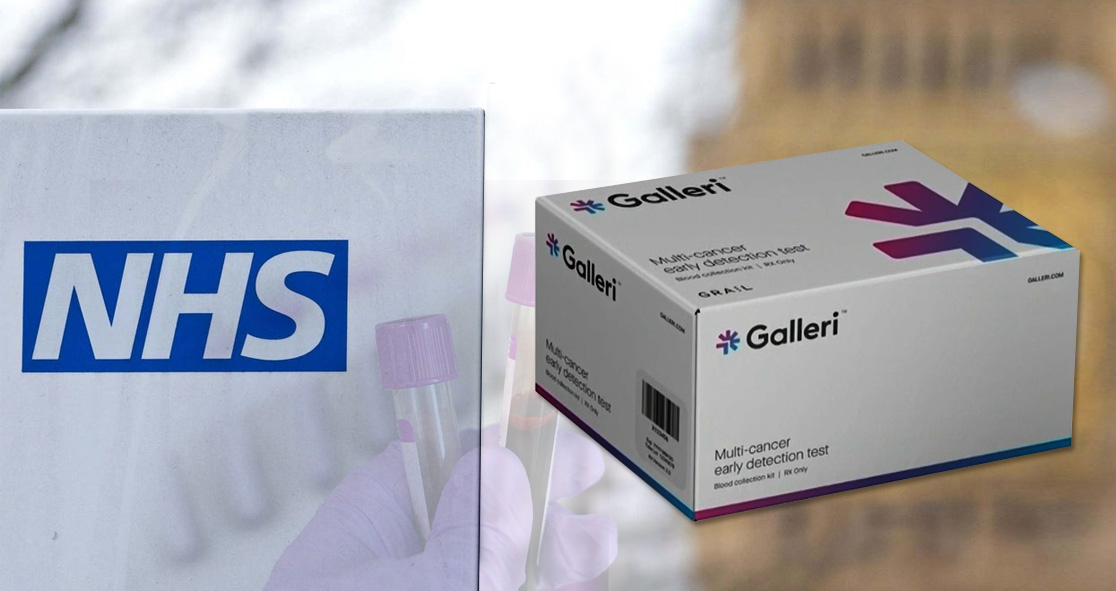The National Health Service (NHS) England has launched a large-scale trial of a potentially game-changing blood test that can detect more than 50 types of cancer before even the symptoms appear, according to The Guardian.
Over 100,000 volunteers are being sought to provide blood samples across England from today to assess how well the test, which is called the Galleri test, works in the health service.
The is already available in the US. It can detect cancers that are difficult to spot early on by “picking up fragments of DNA that are shed from tumors into the bloodstream.”
Detecting cancer at the earliest stage can help patients to have more treatment options, increasing their survival chances.
Amanda Pritchard, Chief Executive, NHS England, said the quick and simple test “could mark the beginning of a revolution in cancer detection and treatment.” She also said that the test could play a key role in the “health service’s ambition to catch three-quarters of cancers at an early stage when they are easier to treat.”
The NHS is inviting 140,000 people aged between 50 and 77 from different ethnic backgrounds to take part in the world’s largest trial.
People, who did not have a cancer diagnosis in the past three years, can give a first blood sample at a mobile test clinic. Later, they can further samples in one and two years.
Trial researchers will divide the samples into two groups, with half of the participants will have their blood samples screened with the Galleri test, while the other half will have their blood stored for potential testing in the future, per The Guardian.
Participants can carry on with their usual NHS screening appointments and contact their doctors if they notice any new or unusual symptoms. And those who are found to have potential signs of cancer will be referred to an NHS hospital for further investigation.
Previous studies have found that the Galleri test picked up 67% of pre-specified cancers at stages one to three.
Prof. Peter Sasieni, Academic Director of King’s Clinical Trials Unit and Professor of Cancer Prevention, said, “We need to study the Galleri test carefully to find out whether it can significantly reduce the number of cancers diagnosed at a late stage.”
“The test could be a game-changer for early cancer detection and we are excited to be leading this important research,” he added. “Cancer screening can find cancers earlier when they are more likely to be treated successfully, but not all types of screening work.”





















